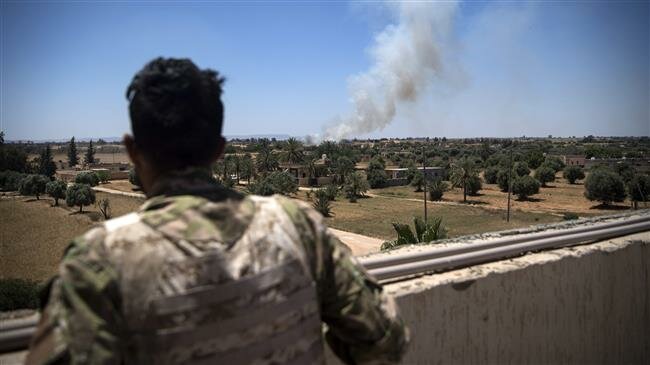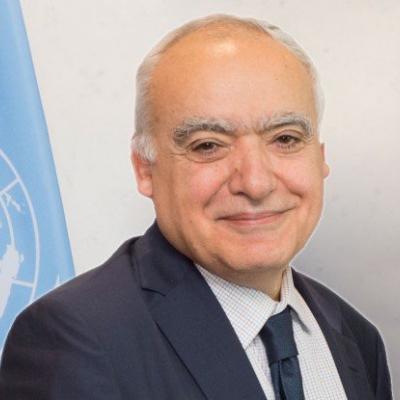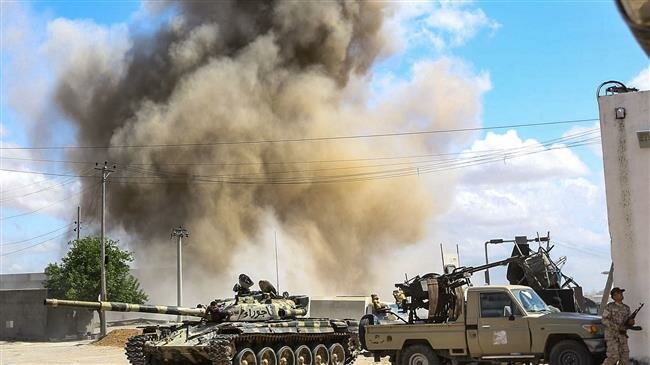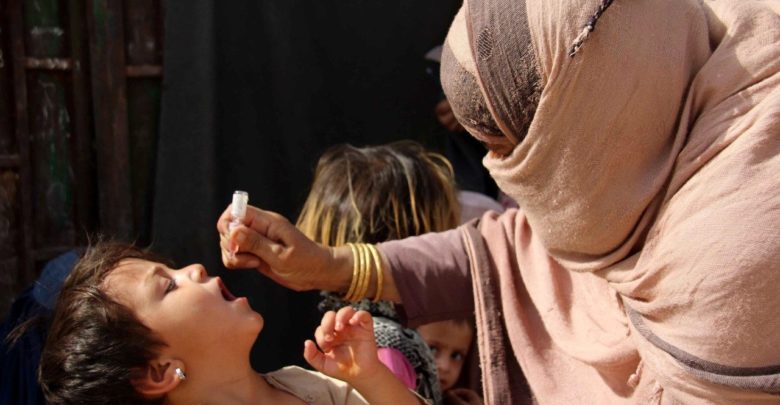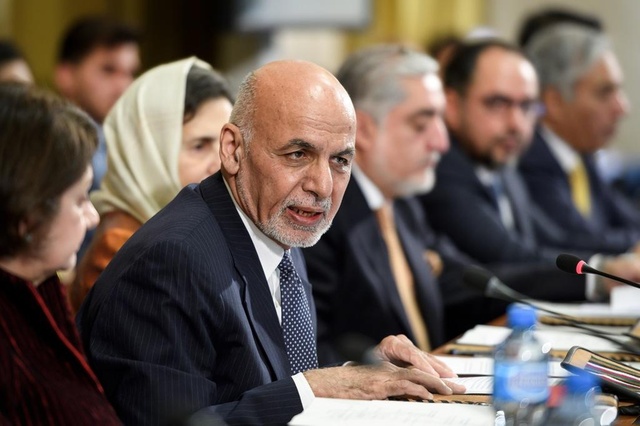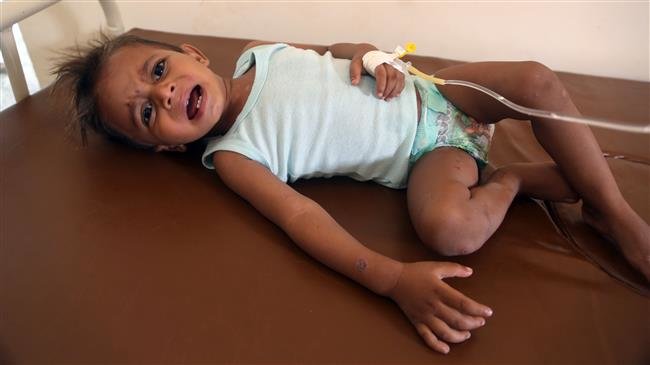The United Nations special envoy for Libya has warned that the battle for Tripoli is “just the start of a long and bloody war,” as militants loyal to Saudi-backed renegade general Khalifa Haftar continue an offensive to seize the Libyan capital.
Publish dateWednesday 22 May 2019 - 00:19
Story Code : 185513
AVA- “I am no Cassandra, but the violence on the outskirts of Tripoli is just the start of a long and bloody war on the southern shores of the Mediterranean, imperiling the security of Libya’s immediate neighbors and the wider Mediterranean region,” Ghassan Salame said while addressing the UN Security Council on Tuesday.
“Libya will descend into civil war, which could potentially lead to a Hobbesian all-against-all state of chaos or partition of the country,” he added.
Salame, who is also the head of the UN Support Mission in Libya (UNSMIL), went on to say that many countries were supplying weapons to the internationally-recognized government in Tripoli as well as the militants loyal to Haftar. He called for immediate steps to cut off arms flows fueling the fighting.
Elsewhere in his remarks, the envoy urged the council to set up a commission of inquiry to “determine who has taken up arms” and prevent indicted war crime suspects from taking part in military operations.
Haftar’s forces launched an offensive to take the Libyan capital and topple the globally-recognized Government of National Accord (GNA) on April 4. Forces loyal the GNA are currently defending the city.
On April 25, the International Committee of the Red Cross (ICRC) said that intensified fighting for control of Tripoli was turning the densely-populated residential areas of the city into “battlefields.”
The 75-year-old Haftar has the loyalty of a group of armed militia and backing from Saudi Arabia, the United Arab Emirates, and Egypt.
Libyan forces loyal to the government based in Tripoli said on Sunday that they had received new weapons and armored vehicles to fight off the ongoing offensive to seize the capital. They published pictures on their official Facebook page of what appeared to be Turkish-made Kirpi combat vehicles.
According to the latest figures by the World Health Organization (WHO), more than 75,000 people have been driven from their homes in the latest fighting and 510 have been killed.
Libya has been the scene of violence since 2011, when longtime dictator Muammar Gaddafi was toppled from power after an uprising and a NATO military intervention. His ouster created a power vacuum, leading to chaos and the emergence of numerous militant outfits, including the Daesh terrorist group.
“Libya will descend into civil war, which could potentially lead to a Hobbesian all-against-all state of chaos or partition of the country,” he added.
Salame, who is also the head of the UN Support Mission in Libya (UNSMIL), went on to say that many countries were supplying weapons to the internationally-recognized government in Tripoli as well as the militants loyal to Haftar. He called for immediate steps to cut off arms flows fueling the fighting.
Elsewhere in his remarks, the envoy urged the council to set up a commission of inquiry to “determine who has taken up arms” and prevent indicted war crime suspects from taking part in military operations.
Haftar’s forces launched an offensive to take the Libyan capital and topple the globally-recognized Government of National Accord (GNA) on April 4. Forces loyal the GNA are currently defending the city.
On April 25, the International Committee of the Red Cross (ICRC) said that intensified fighting for control of Tripoli was turning the densely-populated residential areas of the city into “battlefields.”
The 75-year-old Haftar has the loyalty of a group of armed militia and backing from Saudi Arabia, the United Arab Emirates, and Egypt.
Libyan forces loyal to the government based in Tripoli said on Sunday that they had received new weapons and armored vehicles to fight off the ongoing offensive to seize the capital. They published pictures on their official Facebook page of what appeared to be Turkish-made Kirpi combat vehicles.
According to the latest figures by the World Health Organization (WHO), more than 75,000 people have been driven from their homes in the latest fighting and 510 have been killed.
Libya has been the scene of violence since 2011, when longtime dictator Muammar Gaddafi was toppled from power after an uprising and a NATO military intervention. His ouster created a power vacuum, leading to chaos and the emergence of numerous militant outfits, including the Daesh terrorist group.
avapress.net/vdccspqs12bq4p8.-ya2.html
Tags
Top hits
